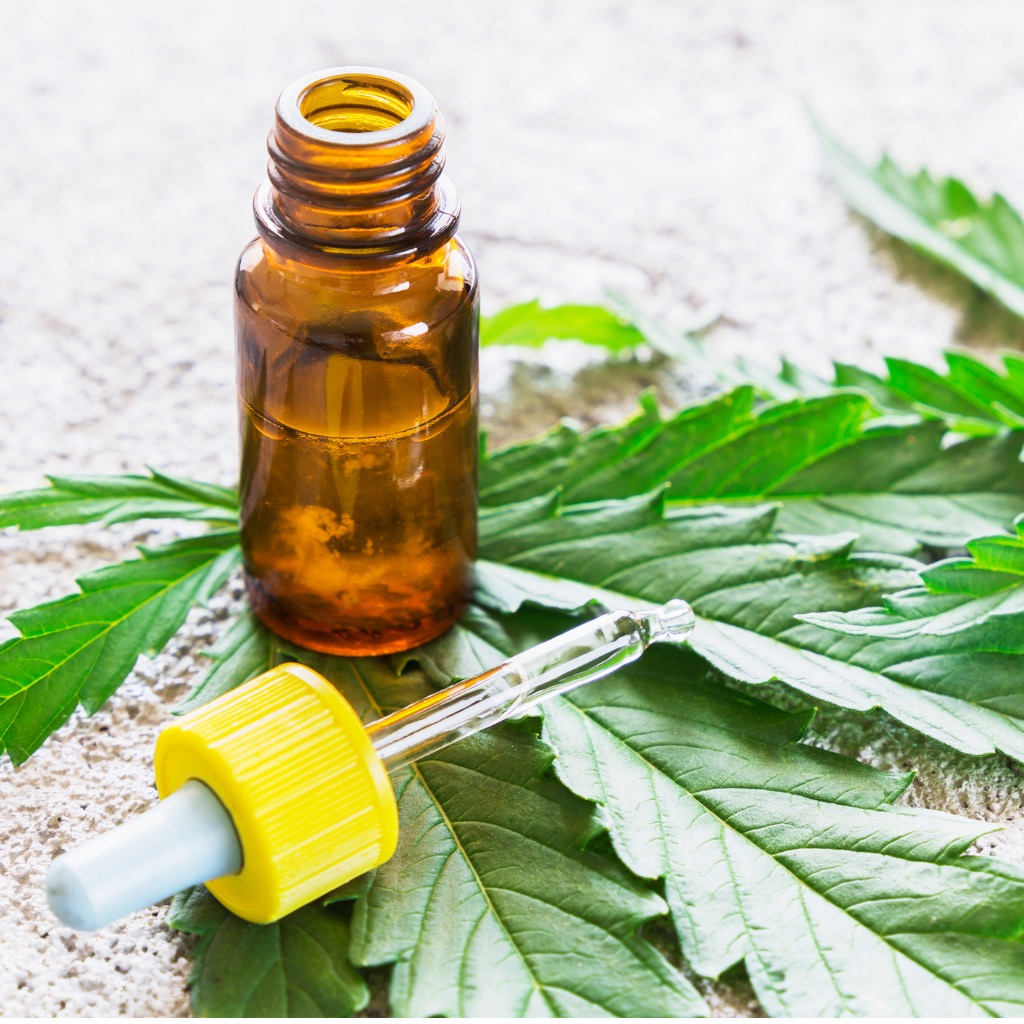Cannabidiol: medicine or supplement?
In Insight
Follow this topic
Bookmark
Record learning outcomes
 If you wandered around last year's Pharmacy Show, you might have noticed cannabis oil stands at every turn. Cannabidiol (CBD) oil seems to be everywhere at the moment: press reports, lifestyle magazines, health food stores, in beauty products and even in food and drink.
If you wandered around last year's Pharmacy Show, you might have noticed cannabis oil stands at every turn. Cannabidiol (CBD) oil seems to be everywhere at the moment: press reports, lifestyle magazines, health food stores, in beauty products and even in food and drink.
Cannabidiol, or CBD, is extracted from the cannabis plant. In its pure form it does not contain the psychoactive part of the cannabis plant – tetrahydrocannabinol (THC) – so will not get you high.
The WHO Expert Committee on Drug Dependence discussed CBD at its 40th meeting last June. My top five clinical takeaways are:
- Low toxicity
- Well tolerated (adverse events in trials included somnolence, reduced appetite, diarrhoea and fatigue)
- No case reports of dependence
- Tolerance not observed
- Research on use is continuing, but is most advanced in relation to epilepsy.
Legal status
International standards for cannabis-derived products do not require them to be entirely THC-free. The WHO has suggested adding a footnote to international conventions on controlled substances to read “preparations containing predominantly CBD and not more than 0.2 per cent of [THC] are not under international control.”
This mirrors European legislation on hemp which also permits up to 0.2 per cent THC before the product becomes controlled. All fine in the international community then – CBD oil with some THC contamination is not a controlled substance.
The problems arise in relation to domestic law. As I mentioned in last month article, Home Office guidance has said that CBD will be a non-controlled substance in its pure form. However, any product for human use in the UK will be subject to the 1mg limit for a controlled substance, i.e. THC, per product. This is a relatively small amount: a 500mg bottle of CBD oil containing 0.2 per cent THC would contain 1mg of THC and be a controlled drug under UK law, making it illegal to possess, sell or supply.
There is clearly an emerging difference between the international community and the UK over the amount of THC in a CBD product that would be tolerated. There are also industry concerns about the criteria for testing and whether there will be any development in enforcement. To date, there has been little scrutiny of the CBD products available.
Currently there is only one manufacturer of a pure CBD product seeking marketing authorisation as a medicinal product. Epidiolex is a highly purified liquid. It was licensed by the US Food & Drugs Administration in June 2018. It is not yet licensed in the UK, but the unlicensed medication can be prescribed for patients with rare forms of epilepsy.
Given the difficulties in presenting CBD as a medicinal product, there has been much interest in presenting CBD products as a food supplement.
The suppliers of CBD oil at the Pharmacy Show were able to sell the product as they were marketing it as a food supplement. No medicinal claims are permitted on the packaging or in professional media. Any claims made on social media will also be scrutinised by the UK Medicines and Healthcare products Regulatory Agency (MHRA). This is not to say the food supplement is not regulated as a food by the Food Standards Agency.
So what is the difference between a food supplement and a medicinal product? In addition to considering what the product contains when deciding its regulatory status, the MHRA will look at the presentation: claims, context, packaging, labelling, promotional literature, and function. In particular, it will explore whether the product is being administered to human beings with “a view to… restoring, correcting or modifying physiological function”. Wording in the description that would indicate a medicinal effect may include “protect”, “avoid”, “treat” or “prevent”.
Pharmacy focus
Pharmacists should also be aware of the NHS England advice about CBD oils:
- Although available on the internet they may be illegal to possess and supply as they may contain 1mg or more of THC.
- As food supplements they may not be safe to use or of good quality. If they are not licensed as medicinal products they are not required to meet GMP (Good Manufacturing Practice) standards, so efficacy, safety or quality of the products cannot be guaranteed
- They may contain only a small amount of CBD, so it is not clear what effect they will have.
Pharmacists may sell CBD oil, but should not advise patients on using unlicensed cannabis oil and CBD-containing products to treat medical conditions.

 Susan Hunneyball is a senior associate and member of the pharmacy regulatory team at Charles Russell Speechlys LLP
Susan Hunneyball is a senior associate and member of the pharmacy regulatory team at Charles Russell Speechlys LLP